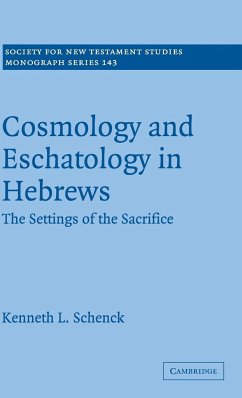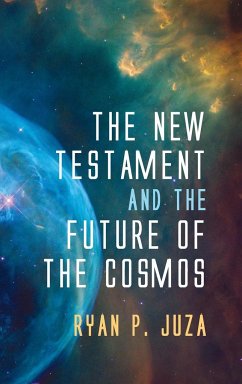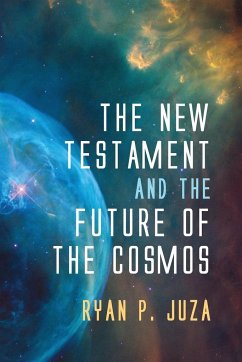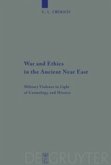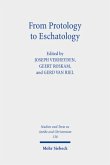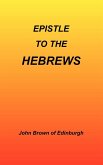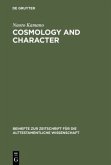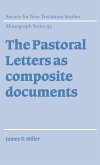Scholars argue over where Hebrews fits in the first century world. Kenneth L. Schenck works towards resolving this question by approaching Hebrews' cosmology and eschatology from a text-orientated perspective. After observing that the key passages in the background debate mostly relate to the 'settings' of the story of salvation history evoked by Hebrews, Schenck attempts to delineate those settings by asking how the 'rhetorical world' of Hebrews engages that underlying narrative. Hebrews largely argues from an eschatology of two ages, which correspond to two covenants. The new age has come despite the continuance of some old age elements. The most characteristic elements of Hebrews' settings, however, are its spatial settings, where we find an underlying metaphysical dualism between the highest heaven, which is the domain of spirit, and the created realm, including the created heavens. This creation will be removed at the eschaton, leaving only the unshakeable heaven.
Hinweis: Dieser Artikel kann nur an eine deutsche Lieferadresse ausgeliefert werden.
Hinweis: Dieser Artikel kann nur an eine deutsche Lieferadresse ausgeliefert werden.

